By Michael Wilmington and Film Noir Blonde
A guide to classic film noir and neo-noir on cable TV. All the movies are from the current schedule of Turner Classic Movies (TCM), which broadcasts them uncut and uninterrupted. The times are Eastern Standard and (Pacific Standard).
PICK OF THE WEEK
“Suspicion” (1941, Alfred Hitchcock). Thursday, Sept. 27, 8 a.m. (5 a.m.):
In Alfred Hitchcock’s glossy, shivery 1941 domestic thriller, British provincial wallflower Joan Fontaine marries the gorgeous but irresponsible Cary Grant and begins to suspect, more and more strongly, that he intends to murder her. Hitchcock builds the suspicion, and the suspense, beautifully.
And the lovely might-be victim Fontaine, whom Hitch had made a first-rank star the year before by casting her as the shy, nameless heroine of his Best Picture Oscar winner “Rebecca,” this time won the Best Actress Oscar herself.
“Suspicion” is one of Hitchcock’s most polished and well-executed thrillers, and there are scenes and shots in the film – such as the sinister, glowing glass of milk Grant carries upstairs to his sick wife – that have become famous. But the movie has one big flaw, dictated by the culture of the time and by the Production Code. You’ll know what it is by the end of the film.
The classy British émigré cast includes Sir Cedric Hardwicke, Dame May Whitty, Nigel Bruce and Leo G. Carroll. The screenwriting team – Samson Raphaelson, Joan Harrison and Hitchcock’s wife, Alma Reville – adapted “Suspicion” from Francis Iles’ classic suspense novel “Before the Fact,” and they should have kept Iles’ shocking original ending.
5:15 p.m. (2:15 p.m.): “Lolita” (1962, Stanley Kubrick).
4 a.m. (1 a.m.): “10 Rillington Place” (1971, Richard Fleischer). Noir expert Richard Fleischer specialized in true-crime movies (“Compulsion,” “The Boston Strangler”) and this is one of his best: a chilling realistic thriller modeled on the famous case of British serial killer Dr. John Christie (brilliantly underplayed by Richard Attenborough), and the hapless man he frames for one of his murders, (a brilliant job by John Hurt). Also with Judy Geeson, Andre Morell and Bernard Lee.
Saturday, Sept. 22
8 p.m. (5 p.m.): “Gilda” (1946, Charles Vidor).
Tuesday, Sept. 25
1 p.m. (10 a.m.): “Nightfall” (1956, Jacques Tourneur).
Wednesday, Sept. 26
12 a.m. (9 p.m.): “Harper” (1966, Jack Smight). Paul Newman, at his most attractively laid-back, plays one of detective literature’s most celebrated private eyes, Ross MacDonald’s Lew Archer, in this brainy thriller based on MacDonald’s novel “The Moving Target.”
One catch: Archer has been renamed “Lew Harper,” so Newman could have (he hoped) another hit movie with an “H” title, like “The Hustler” and “Hud.” He got one. The stellar cast includes Lauren Bacall, Janet Leigh, Julie Harris, Shelley Winters, Robert Wagner, Arthur Hill, Robert Webber and Strother Martin. Scripted by William Goldman.
Thurs., Sept. 27
9:45 a.m. (6:45 a.m.): “Murder, My Sweet” (1944, Edward Dmytryk).
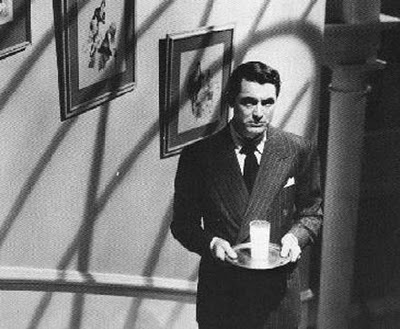
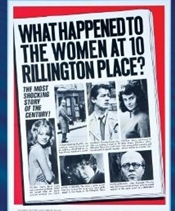
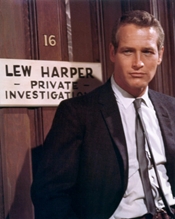





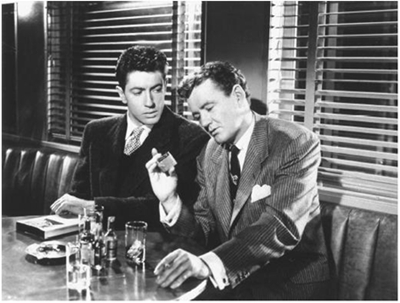
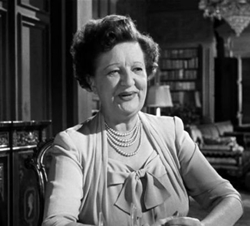





From FNB readers